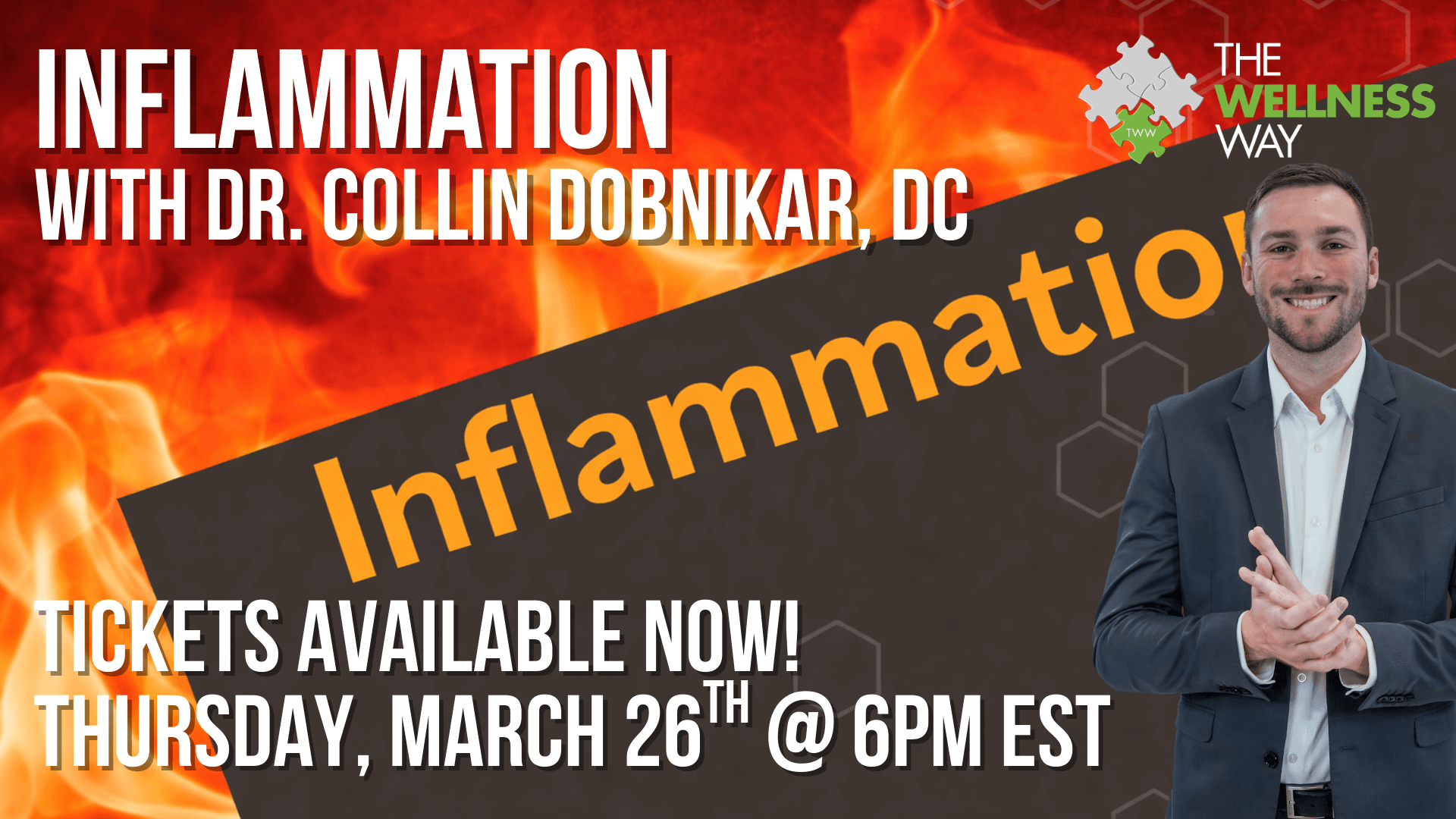And the Non-Toxic Brand We Recommend Instead
Most people never question what’s in their toothpaste. It’s just part of the routine: wake up, brush your teeth, move on.
But if you’re on a healing journey—especially when it comes to your thyroid—it’s time to take a closer look at what’s going into your body every single day.
And once you realize the average American uses over 12 gallons of toothpaste in their lifetime, you start to see just how much those ingredients matter. Especially when we’re not just spitting it out—we’re often swallowing traces of it, or if you’ve got kids, loads of it.
Let’s talk about fluoride—and why we’ve made the switch to a fluoride-free toothpaste we trust: Boka.
Why Fluoride Is a Problem (Especially for Your Thyroid)
Fluoride has long been promoted as a cavity-fighting superhero, but there’s a darker side to this chemical that often gets swept under the rug—especially when it comes to your thyroid and brain health.
- Fluoride competes with iodine. Your thyroid needs iodine to produce hormones. Fluoride, a halogen like iodine, can block the receptors your thyroid uses—leading to dysfunction.
- It suppresses thyroid hormones. Studies have linked high fluoride exposure to reduced levels of T3 and T4—key hormones that regulate your energy, metabolism, and mood.
- It was once used to treat hyperthyroidism. Fluoride was literally prescribed to suppress overactive thyroids, which should be a huge red flag for anyone with low thyroid function today.
- It accumulates in your body. Fluoride builds up in tissues over time, increasing your toxic load and putting stress on your endocrine system.
- It’s classified as a developmental neurotoxin. A 2014 review published in The Lancet Neurology by Harvard scientists placed fluoride in the same category as lead and mercury due to its potential to impair brain development in children.
In fact, a recent federal ruling acknowledged that fluoride may pose “an unreasonable risk, especially to children’s brain development.”
So if you're struggling with fatigue, brain fog, infertility, or sluggish metabolism… your toothpaste might be silently working against you.
But Here’s the Bigger Picture:
Tooth decay isn’t caused by a fluoride deficiency.
It’s about your oral microbiome, your diet, your mineral levels. And many countries that don’t fluoridate their water still have lower cavity rates than the U.S.
So why are we still relying on a neurotoxic chemical?
What We Use Instead: Boka Toothpaste
We made the switch to Boka, and we haven’t looked back. It’s clean, effective, and actually supports the body—not just the teeth.
Boka Toothpaste is:
- Fluoride-Free (and free of SLS, parabens, and other hormone-disrupting toxins)
- Powered by nano-hydroxyapatite (nHAp)—a mineral that makes up 97% of your enamel and is clinically shown to remineralize teeth naturally
- Safe for both adults and kids
- Developed with science-backed, biocompatible ingredients
- Naturally flavored and refreshing
It feels like a minty spa for your mouth—and supports your thyroid, brain, and wholebody health while it cleans.
Since switching, we’ve noticed smoother, less sensitive teeth—and we love knowing we’re protecting our family’s health in the process.
Why This Simple Swap Matters
You brush your teeth 2–3 times a day. That’s over 1,000 exposures a year to a product that could be harming your thyroid, your hormones, or your child’s developing brain.
Toothpaste is one of the easiest, most affordable swaps you can make—and one of the most powerful.
Ready to Make the Switch?
Shop Boka Toothpaste
Use code WELLNESSWAY to save 10%
Your mouth (and your thyroid) will thank you.
Want to Know If Fluoride Could Be Impacting Your Health?
If you’re brushing your teeth every day, eating “clean,” and still struggling with fatigue, brain fog, or hormone imbalances—something deeper may be going on.
Let’s get to the root of it.
Schedule your FREE 10-minute discovery call with our doctor to talk about your thyroid symptoms, testing options, and what might be interfering with your healing.
Because your thyroid deserves answers—and you deserve to feel better.



